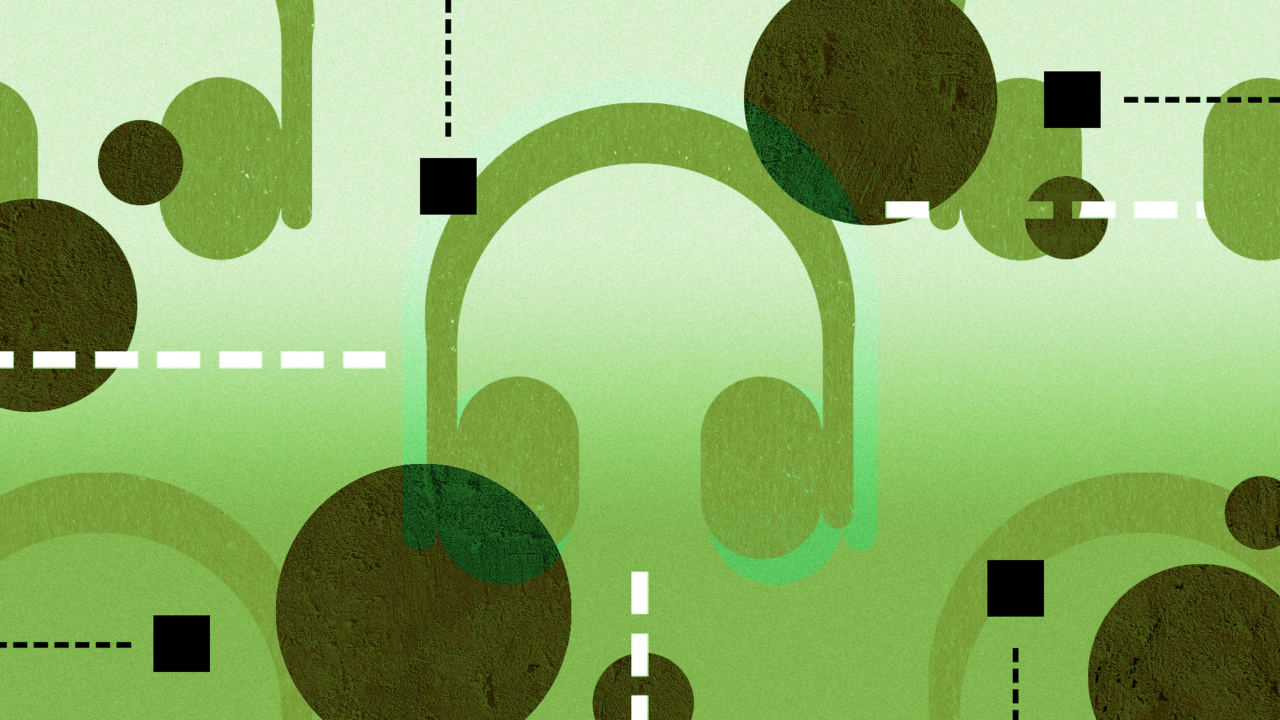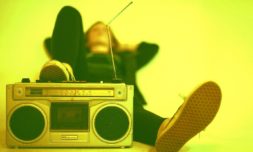As it turns out, while many of us are steadily destroying our hearing with unsafe listening practices, noise-cancellation might actually be our one saving grace, protecting us from the incessant din of the outside world and the neglected effects of this on our health.
I wear noise-cancelling headphones every single day, often for hours at a time.
As someone who’s prone to sensory overload, they’ve changed my life, making commuting to the office, walking down busy streets, and grocery shopping a great deal more bearable.
Before managing to save enough money to splurge on some AirPods, I would regularly struggle with the incessant din of urban life.
Based in London, exploring the city would constantly leave me heavily overstimulated and rushing back home to the quiet confines of my bedroom.
Now, however, with a quick press and hold, I can instantly block out the racket, and though I already knew this was beneficial for my sanity, what I didn’t know is how much it benefits my ears as well.
my favorite hobby is wearing noise cancelling headphones around the house with literally nothing playing on them bc it just makes the whole world quieter and i am at Peace
— bug girl (@buggirl) December 17, 2021
In 2023, parliament released a report titled ‘neglected pollutants: the effects of artificial light and noise on human health.’
In essence, it questioned what the increasing loudness of our world is doing to our bodies (answer: it’s not good).
Beyond disrupting sleep, heightening the risk of a stroke or heart disease, and even reducing our lifespan, – according to data from UKHSA a total of 130,000 healthy years of life are lost to noise pollution in Britain annually – as you can imagine it’s also wreaking havoc on our hearing.
To elaborate, you can safely listen to sounds at 85 decibels for up to eight hours, but because of the way hearing damage works, that time drops abruptly with small surges in volume from there.





















